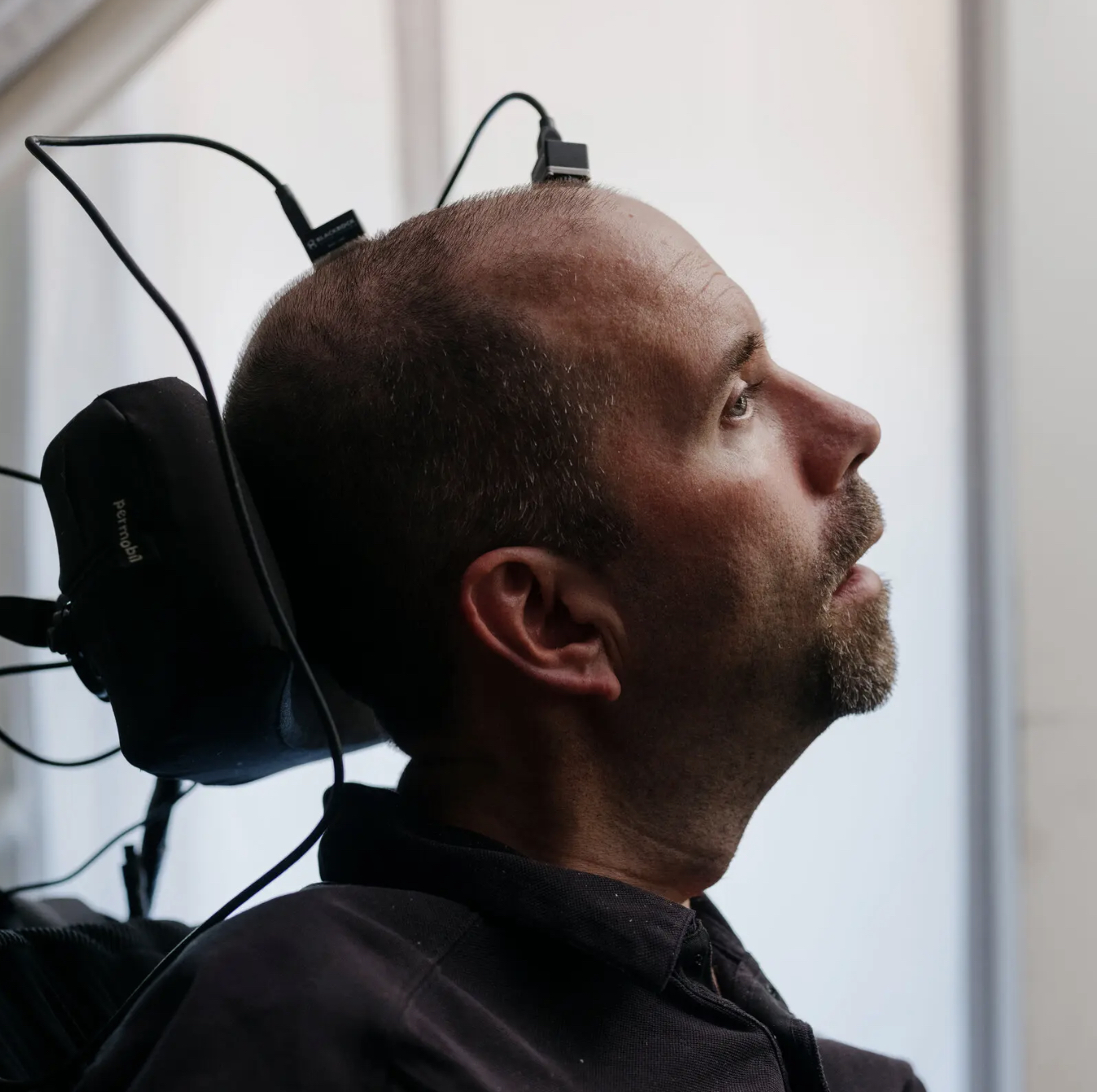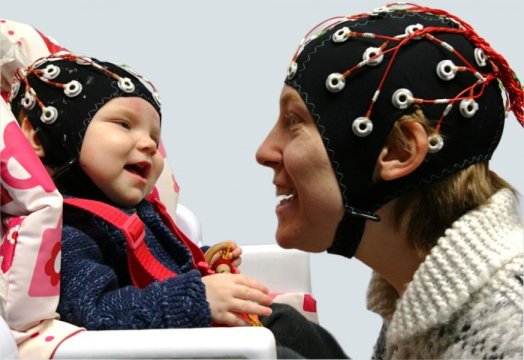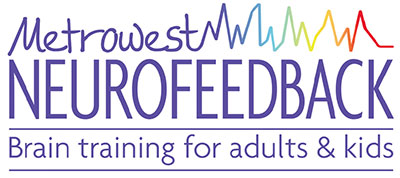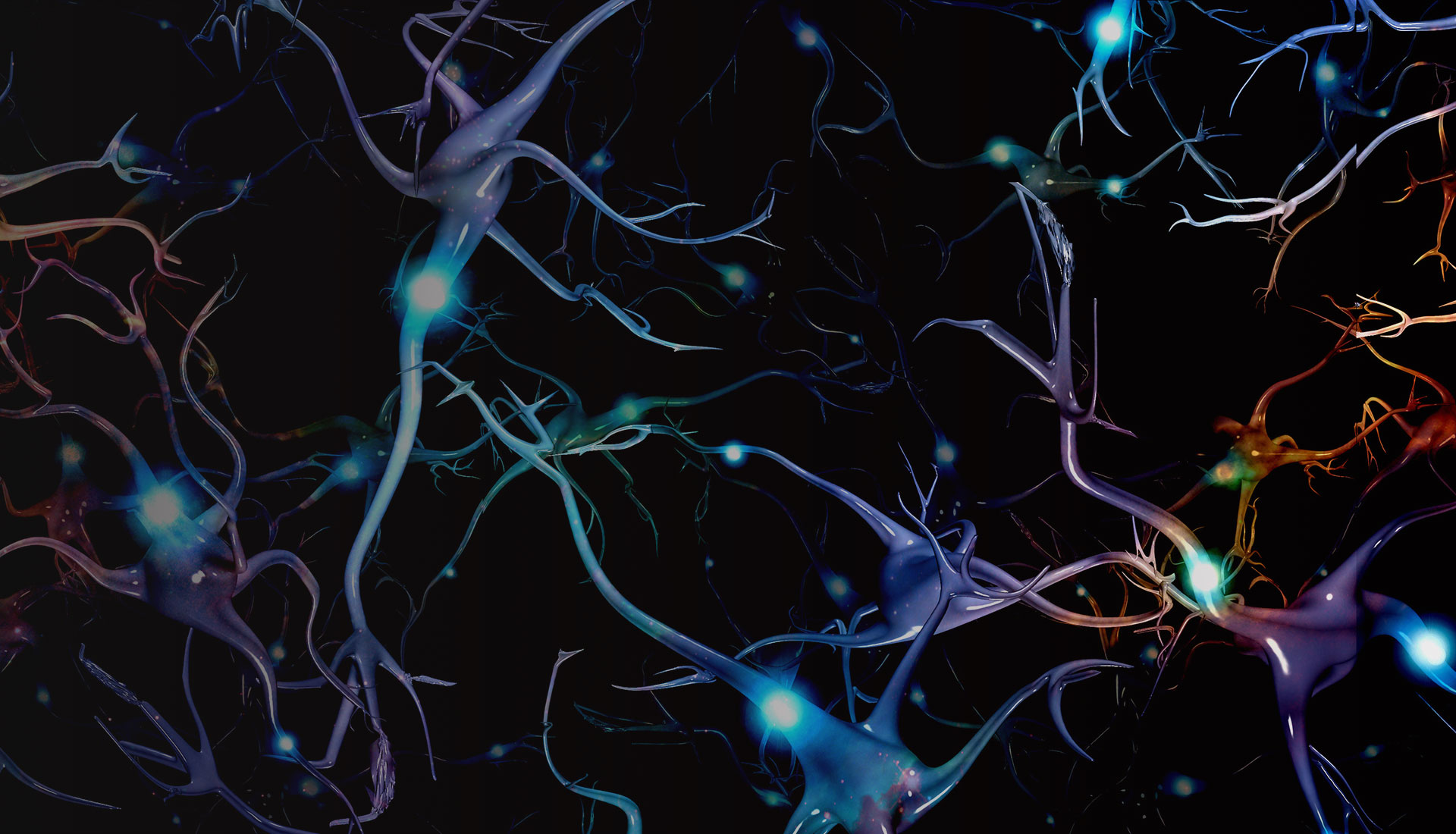New Patient?
Assessment Forms
All other forms
Use of Novel Concussion Protocol With Infralow Frequency Neuromodulation Demonstrates Significant Treatment Response in Patients With Persistent Postconcussion Symptoms, a Retrospective Study

HOW DOES IT WORK?
You sit in a comfortable chair at a monitor as a few electrodes are placed on your scalp to record your brain’s electrical activity. The therapist’s monitor displays the relevant sample of your brainwaves, which are digitized, amplified and translated by highly sophisticated software into a signal that drives a video game on your screen.
CLINICAL APPLICATIONS
Our clinical experience covers a broad range of symptoms including autism spectrum, ADD and hyperactivity, conduct problems, anxiety, depression, migraine headaches, traumatic brain injury and many other dysfunctions that affect emotional and physical well-being.

PEAK PERFORMANCE TRAINING
Peak performance is an easily recognized mental state where one is both focused and present. We have all had experiences of peak performance, but often they seem fleeting and not easily reproducible.
 Metrowest Neurofeedback is proud to be a provider of neurofeedback services to veterans through the Homecoming for Veterans program. For more information e-mail me at drlytel@gmail.com or visit the program’s website
Metrowest Neurofeedback is proud to be a provider of neurofeedback services to veterans through the Homecoming for Veterans program. For more information e-mail me at drlytel@gmail.com or visit the program’s websiteHelpful Videos
What is Neurofeedback?
ADD / ADHD
Autism
Peak Performance
How do dogs “see” with their noses? – Alexandra Horowitz
Neurofeedback is research-based brainwave training with an extensive history
Neurofeedback training helps people effectively modify and maintain new behaviors, without the undesired effects of medication. Also known as EEG biofeedback or neurotherapy, neurofeedback is a state-of-the-art technology that we use to offer a safe, highly effective method of brain training. Using EEG biofeedback, you can train your brain toward greater self-regulation, which has a beneficial effect on behavior, learning, emotion, and more. It is non-invasive, medication-free, easy to do, and even fun! Neurofeedback training can transform your life by helping you modify the brain dysregulation underlying many disorders and symptoms of mind/body.
Are You A New Patient?

A.L.S. Stole His Voice. A.I. Retrieved It.
Source: By Benjamin Mueller | Aug. 14, 2024
The New York Times
In an experiment that surpassed expectations, implants in a patient’s brain were able to recognize words he tried to speak, and A.I. helped produce sounds that came close to matching his true voice.

Florida lacrosse player Makenzie Mason: ‘I have to keep fighting’
Source: Makenzie Mason, as told to Molly Knight | Dec 3, 2018
ESPN The Magazine
My name is Makenzie Mason. I’m a 19-year-old student athlete at the University of Florida, and I’m currently battling depression and anxiety. Back in early September, I chose to return home to Nashville to focus on my mental health because it was getting in the way of my ability to function. But when I got home I felt more hopeless than ever that recovery was possible for me.

Eye contact with your baby helps synchronize your brainwaves
Source: University of Cambridge
When a parent and infant interact, various aspects of their behaviour can synchronise, including their gaze, emotions and heartrate, but little is known about whether their brain activity also synchronises — and what the consequences of this might be.

Focused Research on Infra-Low Frequency Neurofeedback
by Siegfried Othmer, Ph.D., and Susan F. Othmer
An individually optimized dynamic EEG reinforcement protocol has been recently extended to the domain of very low EEG frequencies, down to 0.01 Hz in center frequency of the reinforcement band. This represents a straight-forward extension to very low frequencies of a fairly generic training strategy that has been in productive use for many years. Improved clinical outcomes have been observed for a variety of hitherto intractable conditions, including the autistic spectrum, attachment disorder, eating disorders, and migraine conditions that have been refractory to prior neurofeedback.

How Exercise May Help the Brain Grow Stronger
by Gretchen Reynolds
Physical activity is good for our brains. A wealth of science supports that idea. But precisely how exercise alters and improves the brain remains somewhat mysterious.
A new study with mice fills in one piece of that puzzle. It shows that, in rodents at least, strenuous exercise seems to beneficially change how certain genes work inside the brain. Though the study was in mice, and not people, there are encouraging hints that similar things may be going on inside our own skulls.

Top 5 Ways Biofeedback Can Change Your Life
by Adi Jaffe Ph.D.
I’m a behavioral neuroscientist by training. This means that when I went to school at UCLA (Go Bruins!) I made it my focus to understand how neurochemical and neurophysical changes in the brain affect the way we interact with the world. At the time, I was primarily interested in how these things relate to addiction, but more and more I feel obligated to share the endless other ways this interaction is crucial for our wellbeing.
You see, everything that happens to us is, at its core, an interaction between the world and our brain in some way. This is true for your ability to read these words, tie your shoelaces, feel depressed or excited and even start walking. But as many of you who are reading these pages know, this world-brain interaction often leaves us wanting more.






